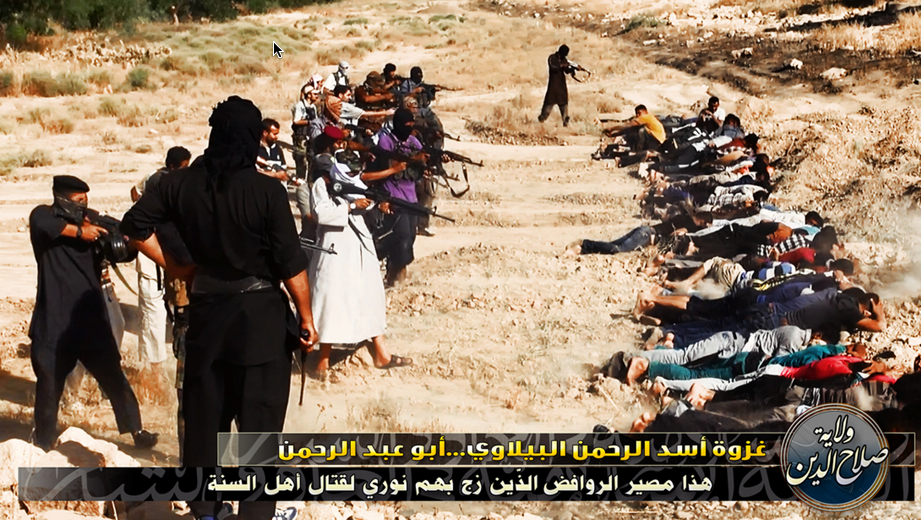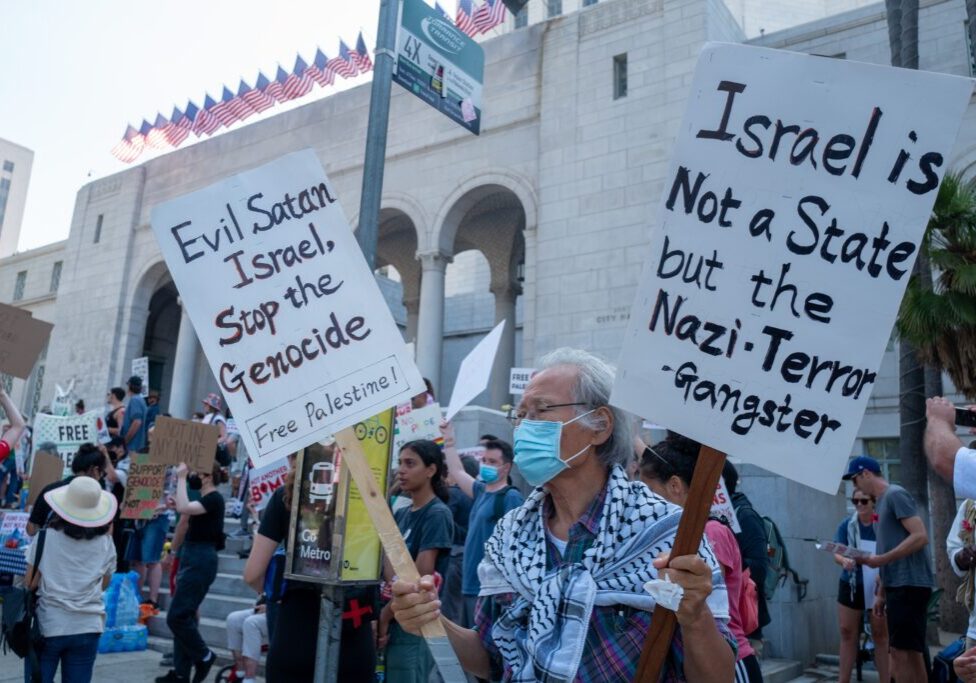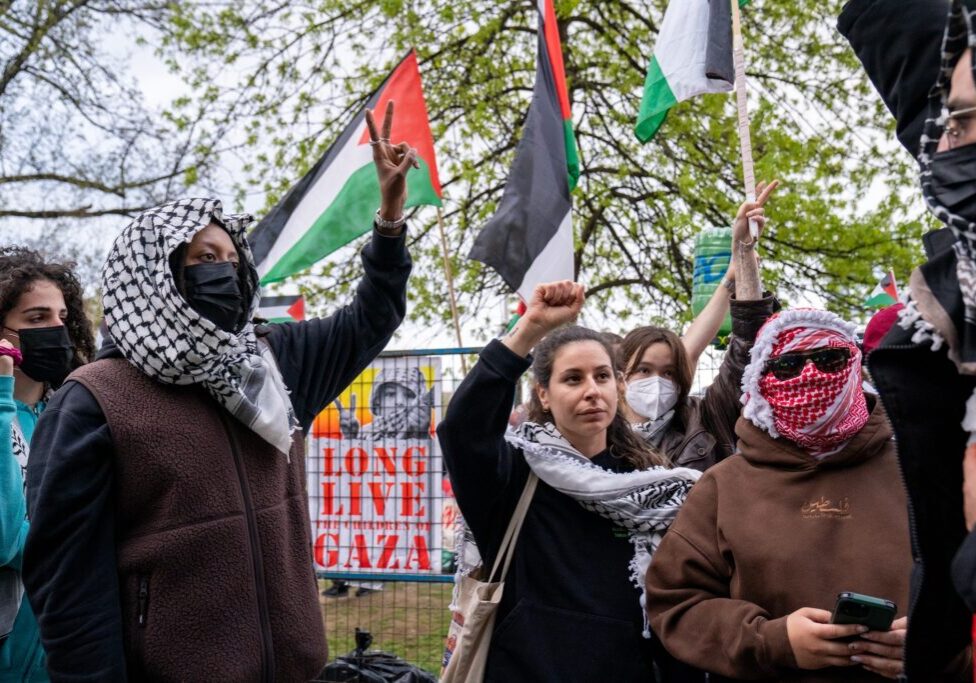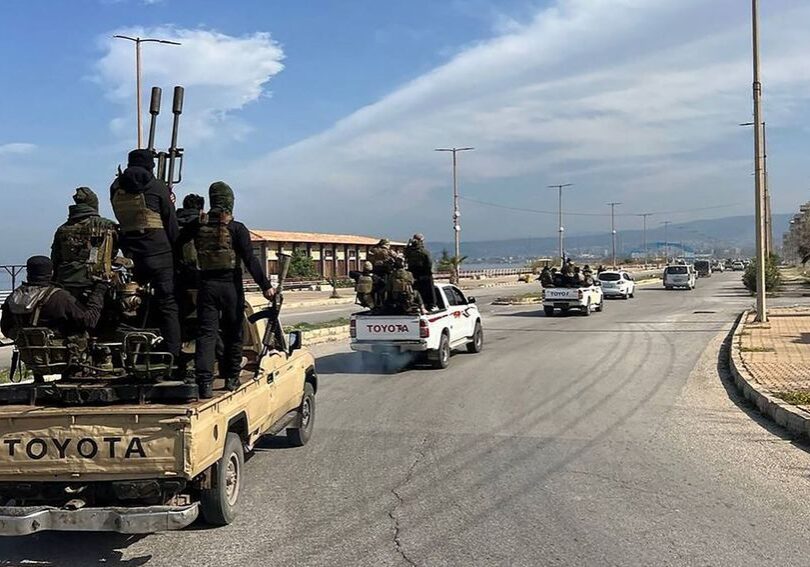Australia/Israel Review
The ISIS ‘Whitewash’
Nov 2, 2015 | Yoram Schweitzer

Yoram Schweitzer
It sometimes seems that we live in a surreal age, where extremism has no limits and is only escalating.
In this reality, past terrorist attacks have become tolerable, relatively speaking. And so, we watch in amazement as Islamic State (IS), a terrorist entity which employs extreme, particularly grotesque violence, becomes a rallying point for a coalition of terrorist perpetrators that are just as bad – among them Syria led by Bashar Assad, and Iran and Hezbollah working alongside Russia in order to block the Sunni jihadist terrorism.
Few would disagree that IS poses a danger to stability in the Middle East and to general world order. A troubling question for many is whether IS is a temporary phenomenon or whether it will be able to survive as a vigorous, inciting political jihadist entity, that might in the future expand beyond the areas it currently controls.
IS is at its core a defiant entity.
It challenges the Middle East regional order that was created by the Sykes-Picot agreement. It took advantage of the disintegration of Arab regimes that have lost legitimacy as a result of the Arab Spring’s upheavals, in order to take control of large areas of those territories and establish its sovereignty within them. These days IS continues to strive to establish itself in more chronically unstable states, such as Yemen and Libya, and is also reaching for Africa, the Caucasus and South Asia.
It is worth noting that IS is not only the result of the regional turmoil but also a central force shaping and prolonging the consequences of these upheavals. These effects are currently also being felt in Western Europe in the form of migration of Syrian and Libyan refugees to their territory and, of course, in sporadic terrorist activities perpetrated by IS supporters.
IS also directly challenges the Western world’s system of values and norms set forth in various fields including the laws of war, the treatment of populations under occupation, treatment of prisoners, women’s rights, protection of children and refraining from recruiting them to battle.
In addition, IS documents the atrocities it commits for all to see. It publishes them on social media to millions of horrified viewers around the world. The purpose of this course of action is to publicly express the disgust and contempt IS has toward the values of the “other” world and to present its values as an appealing alternative that it intends to impose by force around the world. By showcasing the atrocities it perpetrates, it seeks to project to its rivals and supporters the image of an unstoppable and successful entity.
IS reflects a fundamentalist Salafist jihadist worldview and justifies its actions in the name of Islam. Its values are rooted in an eschatological, end-of-times worldview gearing toward a last battle to restore the former glory of Islam. This ideology requires the murder of infidels from within and without and the cleansing of minorities as an unequivocal necessity.
A side result of the horrors perpetrated by IS is the whitewashing of the crimes of totalitarian regimes and other terrorist groups, who have brutally murdered thousands around the world even before IS was created, and continue to do so today.
Suddenly al-Qaeda and its affiliates became “lite Salafi jihadists” and are presented today as pragmatic.
Bashar Assad murders hundreds of thousands of his people and is presented as a legitimate ruler, and Iran, the world-leading state sponsor of terrorism, is presented as a stabilising force in the Middle East.
The willingness to legitimise countries that support terrorism, terrorist entities and sub-state organisations that carry out murderous terrorist operations is the result of an ongoing process of radicalisation taking place in various places around the world.
This merits mentioning the dangers of the notorious “doublespeak” from George Orwell’s 1984. Using doublespeak could cause universal human values such as the right to live with dignity, liberty, freedom of religion and freedom of speech to lose their meaning. The more the destruction of IS is delayed, the greater the risk of a horrific vision coming to be, one in which the bigger villain whitewashes the crimes of a lesser villain, and these new standards receive forgiveness and international legitimacy.
Yoram Schweitzer is head of the research program on Terror and Low-intensity Conflict at the Institute for National Security (INSS) at Tel Aviv University. © Jerusalem Post, reprinted by permission, all rights reserved.
This article is featured in this month’s Australia/Israel Review, which can be downloaded as a free App: see here for more details.
Tags: Islamic Extremism






